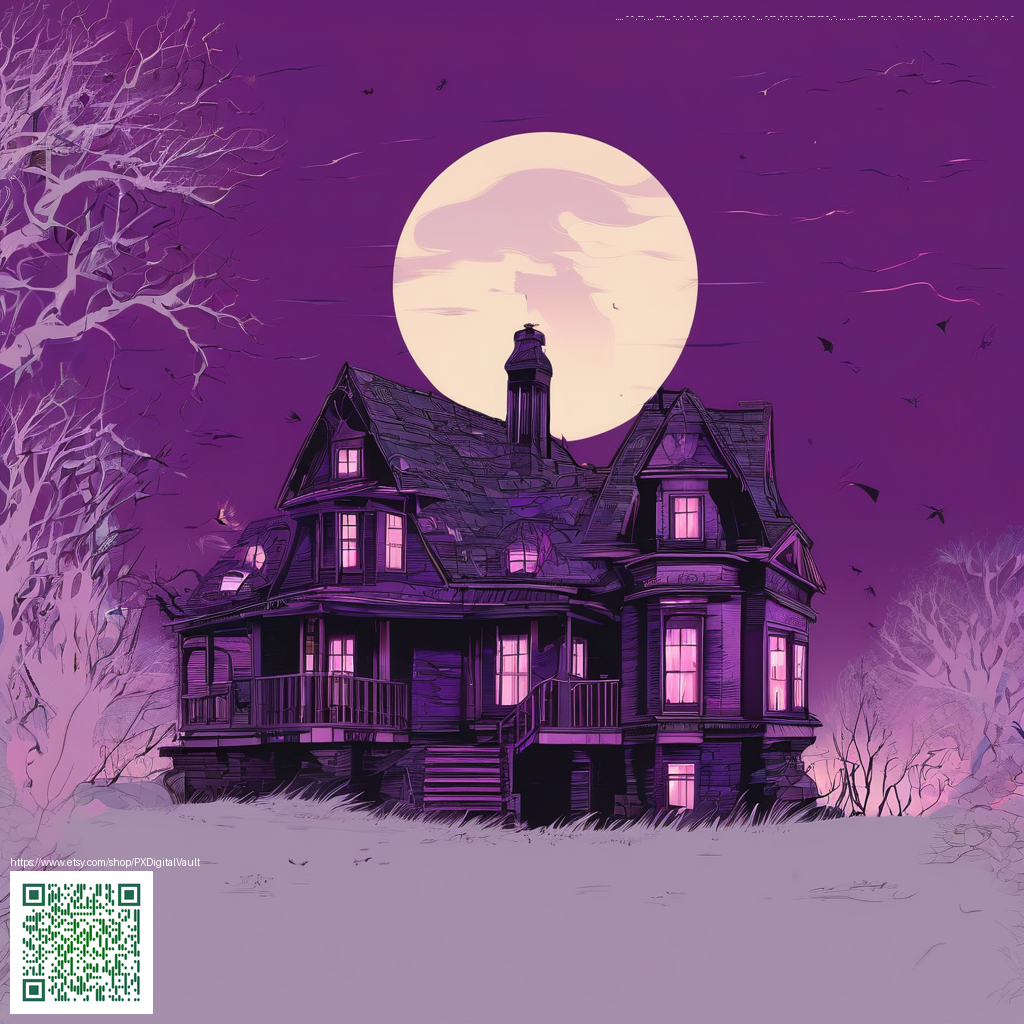
The House That Stops Time
The moment I crossed the threshold, the room exhaled, a cold breath that felt older than the town itself. The house sat at the end of a quiet street, its windows like watching eyes, its walls sagging with the gossip of decades. I came seeking shelter, but the door offered shelter in a different way, pressing shut with a final, patient sigh that sounded almost like a clock winding down.
Inside, the air moved as if it preferred a slower rhythm. A grandfather clock stood in the hall, its hands frozen at three minutes to midnight, its pendulum suspended in mid-swing as though the house had pressed pause on every heartbeat that approached. A kettle hissed on the stove and then quieted, steam drifting upward in a delicate curl that refused to fade. Dust motes hung in a single beam of light, suspended in amber patience, and every breath I took seemed to echo as if I were a note played on a still stage.
In the pocket of the house’s memory, I found a diary bound in frayed leather, its pages smelling of rain and old raincoats. The entries spoke of a time when the house kept time not for the world, but for itself. “When the clock stops,” one line read, “the world forgets what it learned.” The handwriting curled and then disappeared, as if the author pressed a hand to the page and vanished through the grain of the paper. I read on, drawn deeper into a narrative that wasn’t mine yet kept to every corner of this place.
Time does not flow here; it lingers with us, like breath held in a throat too afraid to exhale.
As the hours in the outside world ran past with casual indifference, inside the house the hours refused to budge. I touched a saucer on a table, and the saucer stayed warm long after the tea had cooled to a memory. A clock on the wall, unlit and unhelpful, offered a lesson in restraint: when you look away, time stares back with greater patience. I learned to listen to the house instead of the ticking of any clock. It breathed through the floorboards, a soft sigh that sounded almost like a lullaby, yet carried an undertow of something older and more insistent.
- Clocks that fail to advance unless invited by the house’s echo.
- Shadows that refuse to retreat from the corners of rooms.
- Echoes of footsteps that belong to someone who is not yet born in the present.
- Objects that hover between the possible and the impossible, suspended in a moment of polite gravity.
- A final choice every visitor makes before leaving that will determine whether time resumes for them or remains paused in their memory.
When I finally rose to leave, the door did not push back as it had pushed in. It waited, patient, as if the house wished to measure how deeply a visitor could desire to walk away from time. A whisper rose from the staircase, a low invitation: stay, not to escape the hours outside, but to give this place a new hour of its own. I did not stay, not yet, but I did not run either. I walked through the rooms, each step a careful negotiation with a clock that refused to tick, and I understood that some houses do not fear the passage of time—they merely choose who gets to watch it pass.